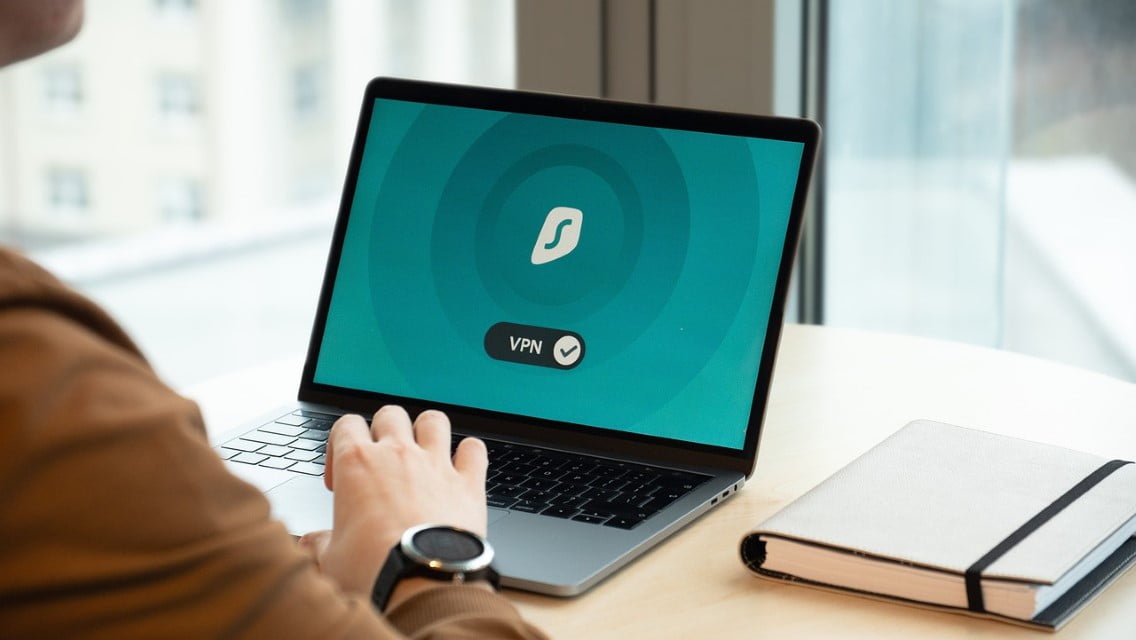Companies now collect personal information about us when we do almost anything online. It’s common for personal information to be gathered and used for many things, like when you use social media, shop online or in stores with digital coupons, or search the internet.
One company may gather details about you and then give or sell those details to another. You and businesses can both benefit from collecting data. For example, you can use it to connect with friends, get directions, or see sales ads. But if you don’t take control, it can also be used in annoying ways.
You can keep your data and information safe and decide who can see and use it in a lot of different ways. Data Privacy Day is celebrated every year on January 28 to mark the anniversary of Convention 108, which was the first legally binding international agreement to protect personal data. The Future of Privacy Forum and other groups are supporting data privacy best practices and making more people aware of the day.
Table of Contents
1. Get antivirus software and make sure it’s always up to date
People call this kind of software antivirus, but it does a lot more than just protect against bugs. Ransomware locks your files and tells you that you need to pay to get them back. Trojan horse programs look like they are safe, but they steal your personal information behind the scenes. Bots make your computer a zombie fighter ready to make a denial-of-service attack, send spam, or do whatever the bot herder tells it to do. These and many other types of malware can be stopped by a good security program. It’s surprisingly simple to make the internet safer.
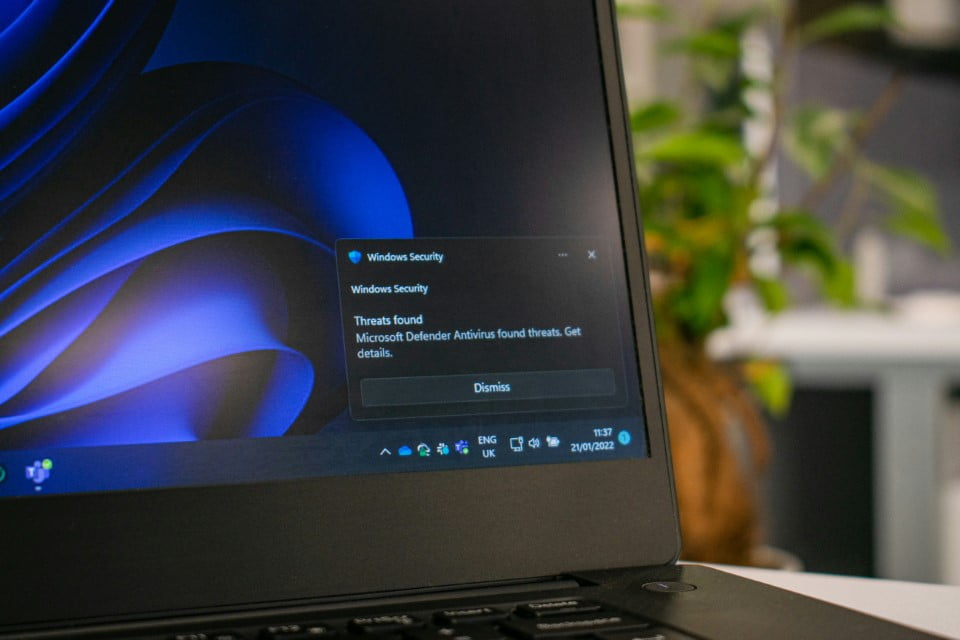
You should be able to set your antivirus security and forget about it. It should run in the background and download updates and other things. In real life, you should check it every so often. When everything is fine, most security programs show a green banner or icon. If the utility opens and you see yellow or red, do what it says to get things back on track.
“Wait, isn’t antivirus built into Windows?” you might ask. It’s built into the operating system, and Microsoft Defender Antivirus takes over protection when it finds no other antivirus software. It also steps away when you install third-party protection. The problem is that this built-in security software isn’t as good as the best third-party options. Defense is not even close to being as good as the best cheap ones. It won’t work; you can do better.
Every year, you’ll have to renew your security software, no matter what kind you choose (simple antivirus or full security package). Sign up for automatic renewal. That’s your best bet. For some security goods, this lets you get a guarantee that the software is free of malware. You can back out at any time if you want to switch to a different offering.
Just one more thing. If the antivirus or security suite you already have doesn’t protect against ransomware, you might want to add another layer of protection. Many free tools can help you deal with ransomware, so there’s no reason not to try a few and pick the one that works best for you.
2. Check how you have privacy set up
You can change your privacy settings on a lot of social media sites to limit how your information is taken and used.
There are many privacy settings on Instagram that you can change. You can choose who can see your posts, comment on or like them, and what happens to posts after you delete them. This is where you can see and change your settings.
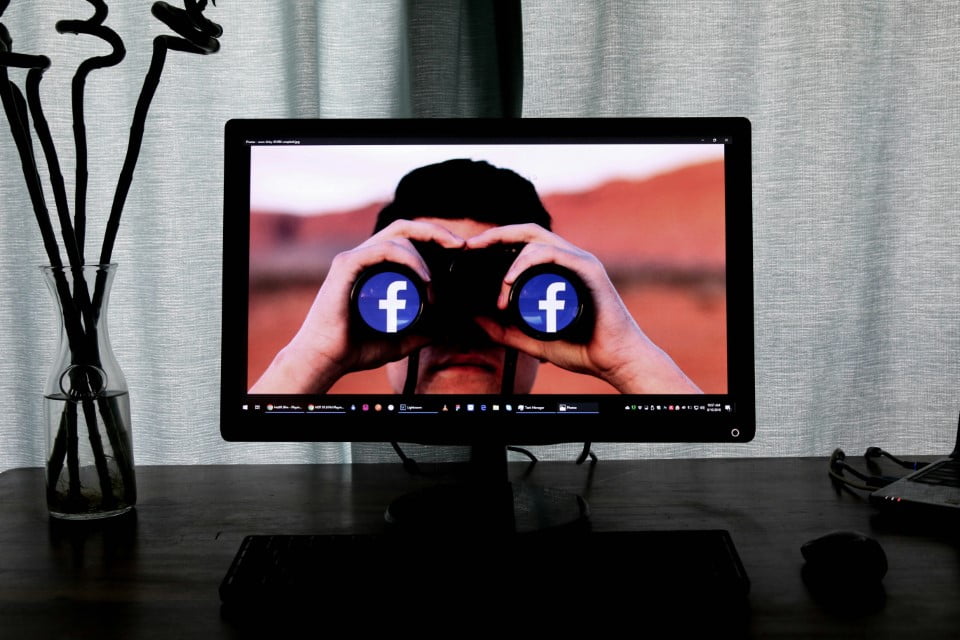
You can choose between public and private accounts on TikTok. You can also change your personalized ad settings and choose which accounts can see your recorded videos. Here is where you can look at your settings.
You can control whether Twitter shares your information with outside companies and whether the site can track what sites you visit when you’re not on Twitter. You can also choose whether you want ads to be more relevant to you. Check how things are set up here.
This is where you can find all of Facebook’s privacy settings.
You can also use this page to check the privacy and security settings for other well-known apps.
What else do you use a lot? Check to see what settings they offer!
3. Limit how location data is shared
A lot of social media sites will ask to see where you are. Do they need it for a clear reason, like to help you find your way or show your nearby friends? You can say no. Also, know that location data is often used to show you ads and suggestions that are more relevant to where you have recently been. If you let other people use location services, you may be able to share your position data with them.
If you have an iPhone or Android, follow these steps to see what location rights social media sites have been given.
Apple iPhone
Go to “Privacy,” then “Settings,” and finally “Location Services.”
Look for every social media app you have on your phone.
Make sure that “Never” or “While Using” is chosen for each one when you open them.
Android
Go to “Settings,” then “Location,” and finally “App Permissions.”
Choose the social media app that you don’t want to be able to see where you are.
Either “Don’t Allow” or “Allow only while using the app” should be chosen.
4. Update your apps and devices regularly
You can only protect your device from the newest software weaknesses by making sure that the software on it is always current. The best way to stay safe online is to make sure you have the most up-to-date protection software, web browser, and operating system. It is possible to make sure that your apps and operating system are always up to date by setting your devices to receive changes automatically.
The settings app lets users see what’s going on with their running systems. iPhone users should go to “Software Update,” and Android users should look for the “Security” page in “Settings.”
5. Check out the security software you buy
You can keep your devices and information safe with many great apps and settings, but they’re only useful if you know how to use them right. To get the most protection from these tools, you need to know how to use and set them up. For example, you may have even turned on the feature on your phone that lets you find it if you lose it. But did you use it, so you’d know how to do it if you had to?
Potentially Unwanted Applications (PUAs) are annoying programs that aren’t malware but also don’t do anything good. Most security programs can get rid of them. However, not all of them automatically find PUAs. Make sure that your detection settings are set up to stop these annoying things. Similarly, some parts of your protection suite might not work until you turn them on. After setting up a new security program, read all the pages in the main window and at least glance at the settings. If it comes with a first-time training tour, don’t skip it. Instead, take your time and pay attention to all the features.
Most antivirus programs come with some kind of browsing safety, usually in the form of an add-on for your browser. They send your computer to a safe warning page if you try to visit a dangerous page or a phishing scam by accident. A lot of them mark up search results so you don’t even click on a link that could be harmful. All of this won’t help you at all if you don’t have the browser application up and running. Always make sure that the browsers you use are safe.
6. Use a VPN that you get
VPN stands for “virtual private network.” You should use one whenever you use a public Wi-Fi network to connect to the Internet. Let’s say you go to a coffee shop and use the free Wi-Fi to connect. There’s nothing you know about how safe that link is. On that network, someone else could start to look through or steal the files and data that you send from your laptop or phone without you knowing.
If the owner of the hotspot is a crook, they might be able to sniff out secrets from all Wi-Fi links. Your internet data is encrypted by a VPN and sent through a server that the VPN company owns. That means that no one can look at your data, not even the owner of the free Wi-Fi zone.
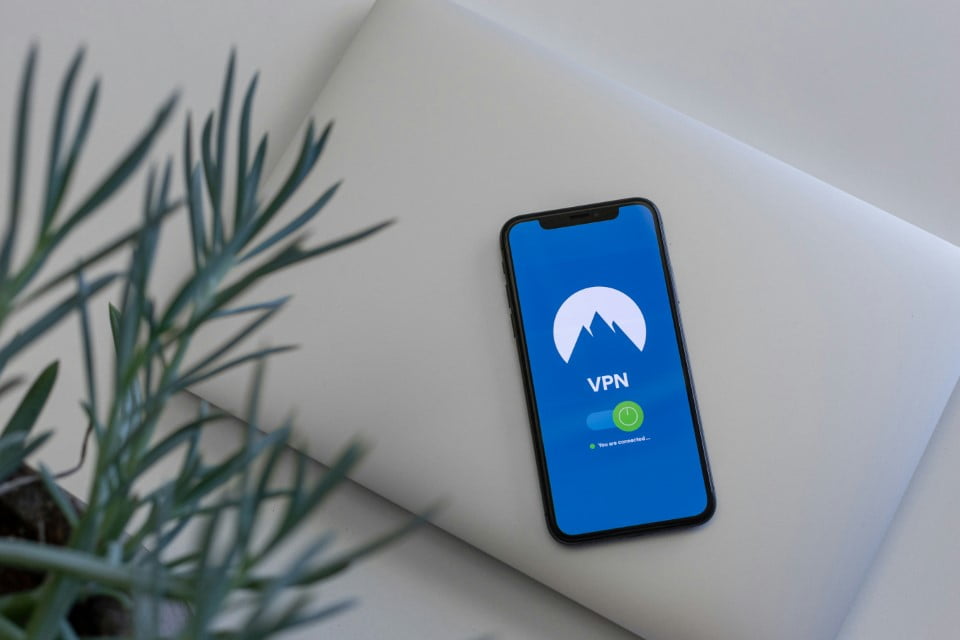
When you use a VPN, your IP address is also hidden. Advertisers and hackers who use that IP address to try to find out who you are or where you are will instead see the address of the VPN company. Using a VPN site in another country to fake where you are can also help you get content that isn’t available where you live. More seriously, journalists and activists in countries with strict rules have been using VPNs for a long time to safely talk to each other.
In the end, this means that you need a VPN if you join through Wi-Fi on a laptop, phone, or tablet. We have a guide on how to set up and use a VPN, so don’t worry if you’ve never used one before or if the technology sounds a bit hard for you to understand.
7. When you can, use multi-factor authentication
Multiple factors of identification are being used by more and more businesses. This is when you need more than just your login information to get to data. For instance, the game company Steam gives a code through its mobile app as well as through browser-based logins.
Simple screens with usernames and passwords are not nearly as safe as these types of entry points. To get to data, you also need to own or be in charge of a certain gadget.
For instance, you can add two-factor security to your WordPress site so that you need both your login information and an SMS text code to get to the data.
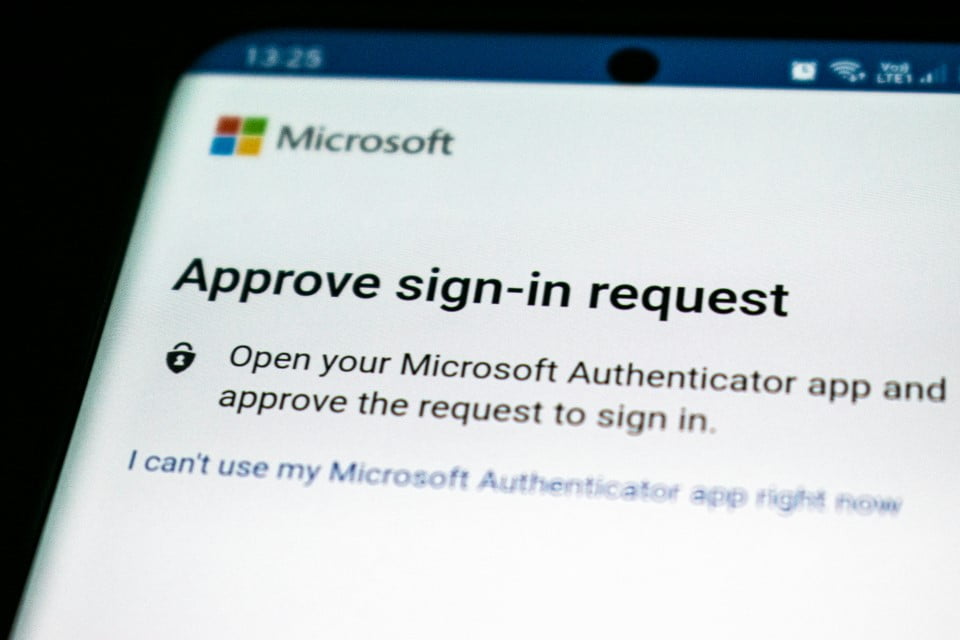
By 2016, multi-factor security was used in some way by 93% of businesses.
In the end, multi-factor authentication is a lot safer than just using a login and password. It might take a little more work to get to information, but the chances of getting hacked are much lower.
Too many people want simple and easy, which is a bad thing. Logins are therefore more likely to be hacked. Most of the time, this means that someone gets to your personal information.
8. Protect your emails and messages
Another great way to protect your privacy online is to encrypt your info. Secure Sockets Layers, or SSL, is such a good form that Google will give websites more weight if they use it. A site is safe with even something like Let’s Encrypt.
What about texting and email, though?
Without a unique key, you can’t read the data, which is how encryption works. It’s like having a house key. Encrypting email and text messages is constructive because they can be stolen while they’re being sent.
There is usually a way to share your security keys with certain people in most email apps. To put it another way, you can decide who can read your emails. Setting up and planning is needed, but it’s worth it to keep private data safe.
It’s a little trickier when it comes to texts. For starters, some apps will only encrypt texts that come from and are sent by the same brand. For example, people who use iMessage will only fully benefit from full encryption when they send texts to someone else with an iMessage account.
9. Get rid of accounts and apps that you don’t use
How often do you log out of different services but don’t delete your account? How many of the apps on your phone do you only use once a year? Your personal information could be at risk if you do these things.
One thing is that people who get into those old accounts can start pretending to be you. Second, getting rid of these old accounts will permanently reduce your digital record.
It’s possible that you forgot about some private information that was on different websites or apps after being online for a long time. Since limiting what people can get is better than giving them more of it, it’s best to keep it from them.
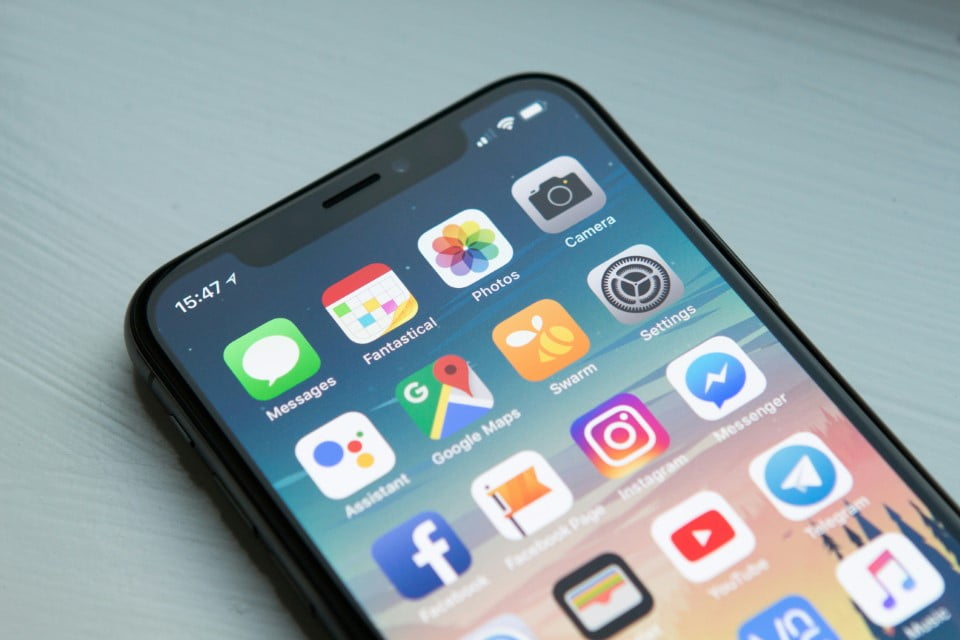
Getting less likely to become a target is the whole point. Online, the more people see your information, the more likely it is that someone will steal it.
People who lost information in the Equifax breach in 2017 learned the hard way that you can’t just trust companies to keep your data safe. The work that different people do to protect a website is not all the same.
Also, remember that computers like Chrome will let you know when a site isn’t safe. This keeps you from creating accounts on sites that aren’t as safe as ones that are secured.
10. Don’t let search engines follow you
Your search engine knows a lot of personal things about you. And for 92% of us, Google is that search tool.
Google and Bing, the two biggest search engines, are both owned by the same company that runs the famous browsers Chrome and Edge. (This means they keep a lot of info.)
Clearing your search engine history is the first thing you should do to make it more private.
For Google: Select “My Activity” and delete everything there.
For Microsoft: You’ll need to clear your Microsoft Edge and Bing caches separately.
For Yahoo: You can get rid of information from your search records.
Google doesn’t offer a way to get rid of all online trackers, which is too bad. You could also use a search engine that cares about your privacy, like DuckDuckGo.
11. Identity theft security will keep an eye on your private data
It doesn’t matter how much data you take down from the internet; it still leaks. You could be scammed, hacked, have your name stolen, or just get more spam if your personal information is out there.
Aura’s all-in-one identity theft protection includes strong digital security software that keeps your devices and data safe, as well as 24/7 tracking of your identity, accounts, and finances.
This app will let you know almost instantly if your private data is being shared or used illegally by scammers. It will also give you the support and help you need to stop the fraudsters.
This is how Aura’s identity theft protection helps keep your internet privacy safe:
keeps an eye on your most private data 24 hours a day, seven days a week. Aura can keep an eye on your most private data and let you know if it’s been shared with someone else.
Related Post: 10 BEST STEPS TO USE AN OLD PHONE AS A SECURITY CAMERA
Takes your information off of data broker lists automatically. Aura will look through lists of data brokers and ask them to remove your contact information immediately.
Keeps hackers from getting into your devices and info. Aura has antivirus software, a military-grade VPN, AI-powered scam protection, and Safe Browsing tools to keep you safe from hackers.
It keeps your passwords safe and lets you know if anyone gets a hold of them. The password manager in Aura keeps your passwords safe and makes them easy to get to when you need them. Plus, Aura will let you know if your passwords are too weak or were recently leaked to the public.
Keeps ads, fake websites, and other things from running. Websites and apps can’t track you with Aura’s Privacy Assistant. It can also stop fake websites that might be trying to steal or collect your personal information.
In the end, safety and privacy go hand in hand
There are many things you can do to keep your online information safe. The good news is that you can accomplish most of them.
A digital security and identity theft answer can do the work for you. It’s important to be careful about what you share and tell companies how to handle your data.
Aura keeps your private and sensitive data safe by offering award-winning identity theft protection, credit tracking by three bureaus, automatic data broker removal, digital security tools, and more.
